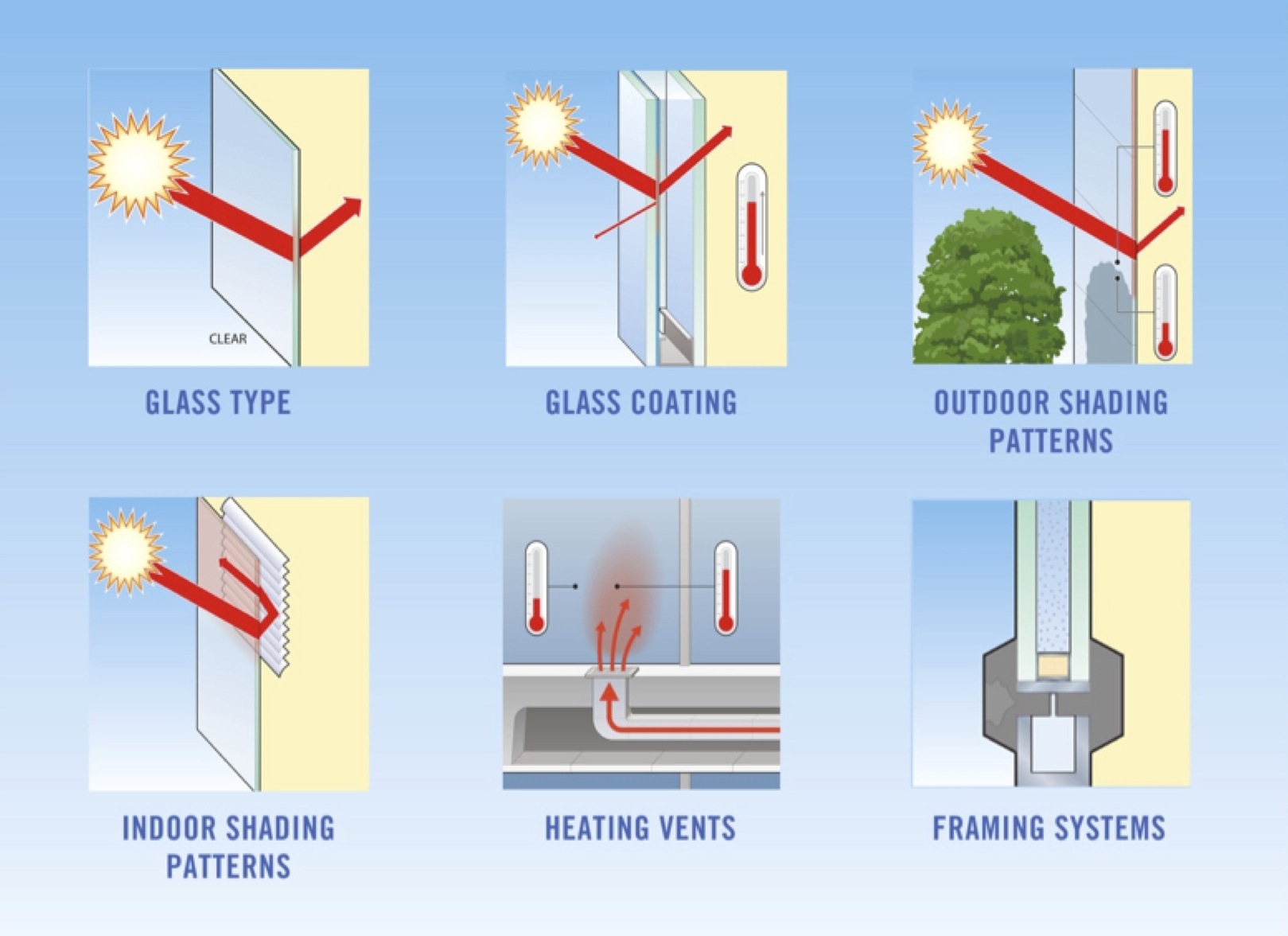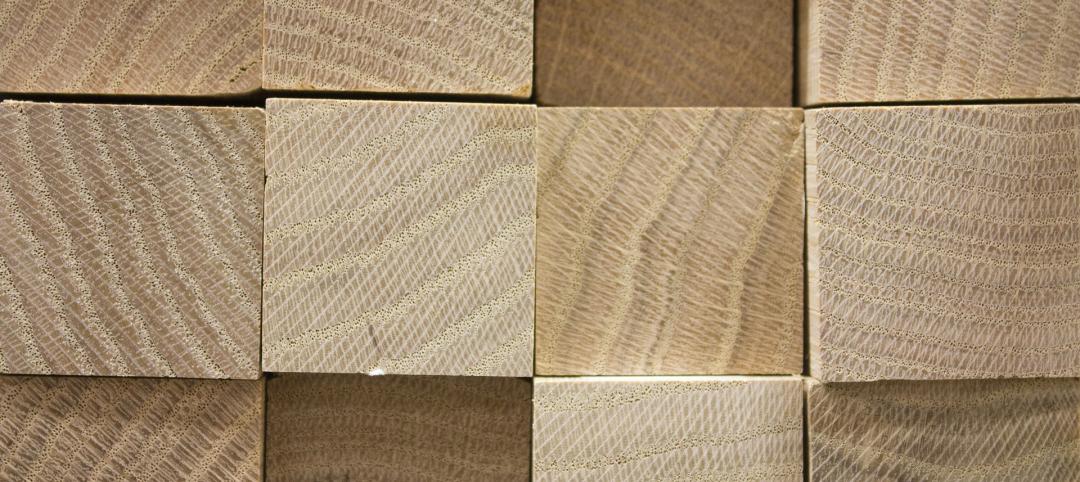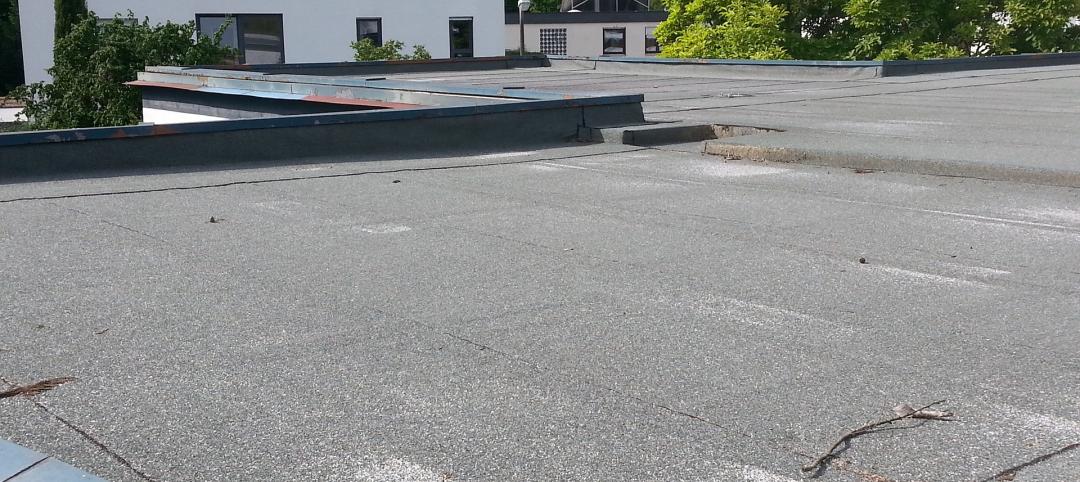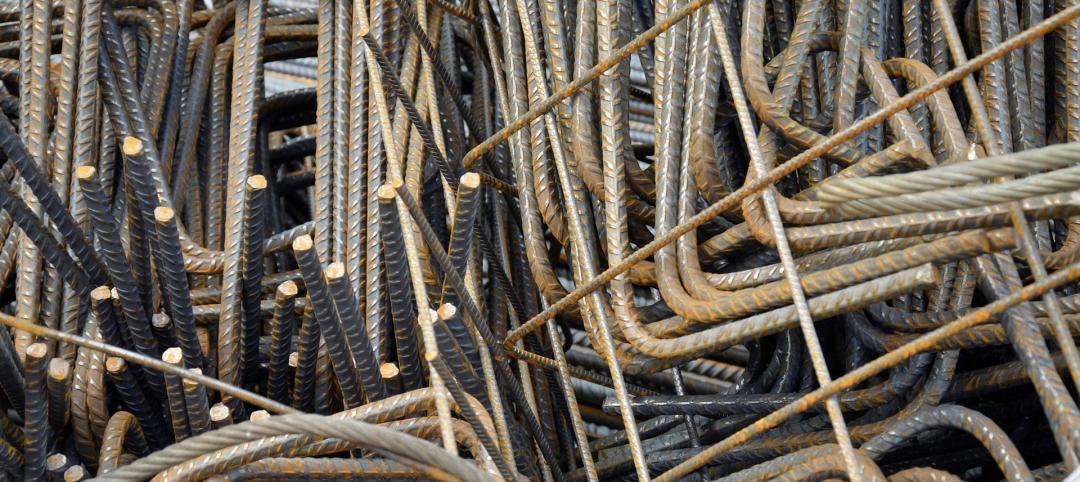Thermal stress is one of many factors that can cause glass to break, even when it is not impacted by a projectile.
Such failures usually are not a testament to the quality of the glass, but rather the result of temperature imbalance within the glass, which can occur when the center of a window or insulating glass unit (IGU) heats and expands while the edges remain cool.
The resulting thermally induced tensile stress on the glass edges can exceed the strength of the glass itself, causing it to break at approximately a 90-degree angle.
Working closely with the IGU fabricator and glass supplier, and conducting a thermal stress analysis at the beginning of the design phase can help architects specify the proper glass for their projects. Here are five thermal stress related rules-of-thumb to consider when specifying glass:
1. Clear or color? Glass can be clear, ultra-clear or tinted in colors such as gray, blue, green and bronze. Tinted glasses absorb solar radiation more than clear glass, which can cause them to collect heat and make them more susceptible to break from thermal stress.
2. Inner or outer surface? Reflective and low-emissivity (low-e) coatings, which improve the solar performance of glass primarily by reflecting solar radiation, can be placed on any one of four surfaces in a dual-pane IGU. While they are usually placed on the inner glass surfaces of the IGU, the coating orientation and the associated risk of thermal stress has to be taken into account.
3. Sunny or shady? Outdoor shading, including overhangs, adjacent buildings, and trees, is one of the most dynamic elements to consider when analyzing thermal stress. Minimizing locations where non-uniform shading of IGUs can occur will help avoid extreme temperature gradients. Interior shading devices, such as blinds or drapes, can increase glass temperature by reflecting solar radiation back through the glass or by reducing the convection and conduction of heat away from the glass. To minimize thermally induced edge stress, the air space around the window glass should be ventilated. There should be a gap of several inches between the glass and shades, blinds or drapes.
4. Where to place a vent? If heating vents, registers and grilles point directly at glass units, warm air will cause the glass to heat up and, under certain conditions, break. Make sure vents are carefully placed to reduce thermal stress risk and avoid placing them between the glass and interior shading devices.
5. How to frame it? Glass framing systems that have low heat capacity also can minimize the chance of a thermal stress break. Structural gaskets and narrow metal framing are favorable because they have less effect on the glass temperature around the edges. Conversely, massive framing – whether metal, masonry or even wood – can have more of an effect, resulting in thermal imbalance and risk of glass breakage.
To learn more about avoiding thermal breakage of insulated glass units and other glass-related topics, visit the PPG Glass Education Center at www.educationcenter.ppg.com.
Related Stories
Senior Living Design | Apr 24, 2024
Nation's largest Passive House senior living facility completed in Portland, Ore.
Construction of Parkview, a high-rise expansion of a Continuing Care Retirement Community (CCRC) in Portland, Ore., completed recently. The senior living facility is touted as the largest Passive House structure on the West Coast, and the largest Passive House senior living building in the country.
Hotel Facilities | Apr 24, 2024
The U.S. hotel construction market sees record highs in the first quarter of 2024
As seen in the Q1 2024 U.S. Hotel Construction Pipeline Trend Report from Lodging Econometrics (LE), at the end of the first quarter, there are 6,065 projects with 702,990 rooms in the pipeline. This new all-time high represents a 9% year-over-year (YOY) increase in projects and a 7% YOY increase in rooms compared to last year.
Architects | Apr 24, 2024
Shepley Bulfinch appoints new Board of Director: Evelyn Lee, FAIA
Shepley Bulfinch, a national architecture firm announced the appointment of new Board of Director member Evelyn Lee, FAIA as an outside director. With this new appointment, Lucia Quinn has stepped down from the firm’s Board, after serving many years as an outside board advisor and then as an outside director.
ProConnect Events | Apr 23, 2024
5 more ProConnect events scheduled for 2024, including all-new 'AEC Giants'
SGC Horizon present 7 ProConnect events in 2024.
75 Top Building Products | Apr 22, 2024
Enter today! BD+C's 75 Top Building Products for 2024
BD+C editors are now accepting submissions for the annual 75 Top Building Products awards. The winners will be featured in the November/December 2024 issue of Building Design+Construction.
Laboratories | Apr 22, 2024
Why lab designers should aim to ‘speak the language’ of scientists
Learning more about the scientific work being done in the lab gives designers of those spaces an edge, according to Adrian Walters, AIA, LEED AP BD+C, Principal and Director of SMMA's Science & Technology team.
Resiliency | Apr 22, 2024
Controversy erupts in Florida over how homes are being rebuilt after Hurricane Ian
The Federal Emergency Management Agency recently sent a letter to officials in Lee County, Florida alleging that hundreds of homes were rebuilt in violation of the agency’s rules following Hurricane Ian. The letter provoked a sharp backlash as homeowners struggle to rebuild following the devastating 2022 storm that destroyed a large swath of the county.
Mass Timber | Apr 22, 2024
British Columbia changing building code to allow mass timber structures of up to 18 stories
The Canadian Province of British Columbia is updating its building code to expand the use of mass timber in building construction. The code will allow for encapsulated mass-timber construction (EMTC) buildings as tall as 18 stories for residential and office buildings, an increase from the previous 12-story limit.
Standards | Apr 22, 2024
Design guide offers details on rain loads and ponding on roofs
The American Institute of Steel Construction and the Steel Joist Institute recently released a comprehensive roof design guide addressing rain loads and ponding. Design Guide 40, Rain Loads and Ponding provides guidance for designing roof systems to avoid or resist water accumulation and any resulting instability.
Building Materials | Apr 22, 2024
Tacoma, Wash., investigating policy to reuse and recycle building materials
Tacoma, Wash., recently initiated a study to find ways to increase building material reuse through deconstruction and salvage. The city council unanimously voted to direct the city manager to investigate deconstruction options and estimate costs.

















